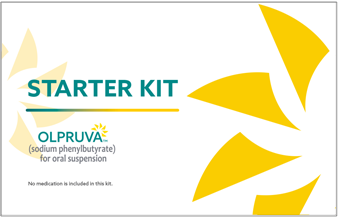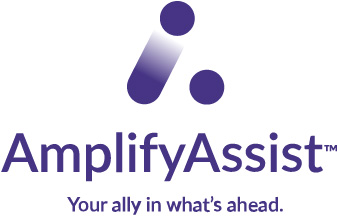Summary of Important Safety Information for OLPRUVA
OLPRUVA [ol proo vah] (sodium phenylbutyrate) for oral suspension
This summary does not include all information about OLPRUVA and is not meant to take the place of discussions with your healthcare provider about your or your child’s
treatment. Please read this important information carefully and discuss any questions about OLPRUVA with your healthcare provider
What is OLPRUVA?
- OLPRUVA is a prescription medicine used along with certain therapy, including changes in diet, for the long-term management of adults and children weighing 44 pounds (20 kg) or greater and with a body surface area (BSA) of 1.2 m2 or greater, with urea cycle disorders (UCDs), involving deficiencies of carbamylphosphate synthetase (CPS), ornithine transcarbamylase (OTC) or argininosuccinic acid synthetase (AS).
- Episodes of rapid increase of ammonia in the blood (acute hyperammonemia) may happen in people during treatment with OLPRUVA. OLPRUVA is not for the treatment of acute hyperammonemia, which can be life-threatening and requires emergency medical treatment.
- OLPRUVA is not approved in children weighing less than 44 pounds (20 kg) or in children weighing 44 pounds (20 kg) or greater with a BSA of less than 1.2 m.2.
Before taking OLPRUVA, tell your or your child’s healthcare provider about all your medical conditions, including if you:
- have heart problems
- have kidney or liver problems
- are pregnant or plan to become pregnant. It is not known if OLPRUVA will harm your unborn baby. If you become pregnant during treatment with OLPRUVA, call your doctor to report the pregnancy.
- are breastfeeding or plan to breastfeed. It is not known if OLPRUVA passes into your breast milk. Talk to your doctor about the best way to feed your baby if you take OLPRUVA.
Tell your healthcare provider about all the medicines you or your child take, including prescription and over-the-counter medicines, vitamins, and herbal supplements.
Certain medicines may increase the level of ammonia in your blood or cause serious side effects when taken during treatment with OLPRUVA. Especially tell your healthcare provider if you or your child take:
- corticosteroids
- valproic acid
- haloperidol
- probenecid
Know the medicines you take. Keep a list of them to show your or your child’s healthcare provider and pharmacist when you get a new medicine. Keep OLPRUVA and all medicines out of the reach of children.
How should I or my child take OLPRUVA?
Read the detailed Instructions for Use that comes with OLPRUVA for information about the right way to prepare and take a dose of OLPRUVA.
- Take OLPRUVA exactly as prescribed by your healthcare provider.
- Your healthcare provider may change your dose if needed. Do not change your dose unless your healthcare provider tells you to.
- Your healthcare provider will prescribe OLPRUVA based on your or your child’s weight.
- Take your OLPRUVA dose with food.
- If you miss a dose of OLPRUVA, take it as soon as possible that same day.
- Do not give or take OLPRUVA through a gastrostomy or nasogastric tube.
- If you take too much OLPRUVA, call your healthcare provider or go to the nearest hospital emergency room right away.
What are the possible side effects of OLPRUVA?
OLPRUVA can cause serious side effects, including:
- Nervous system problems (neurotoxicity). Call your healthcare provider right away if you or your child get any of the following symptoms during treatment with OLPRUVA:
- sleepiness
- nausea
- tiredness
- headache
- lightheadedness
- confusion
- vomiting
- Low potassium levels in your blood (hypokalemia). Your healthcare provider will monitor your blood potassium levels during treatment with OLPRUVA and treat if needed.
- Conditions related to swelling (edema). OLPRUVA contains salt (sodium), which can cause swelling from salt and water retention. Your healthcare provider will decide if OLPRUVA is right for you if you have certain medical conditions that cause edema, such as heart failure, liver problems or kidney problems.
The most common side effects of OLPRUVA include:
- absent or irregular menstrual periods
- body odor
- decreased appetite
- bad taste or avoiding foods that you ate prior to getting sick (taste aversion)
Your healthcare provider may do certain blood tests to check you or your child for side effects during treatment with OLPRUVA.
These are not all of the possible side effects of OLPRUVA. Call your doctor for medical advice about side effects. You are encouraged to report negative side effects of prescription drugs to the FDA. Visit www.fda.gov/MedWatch or call 1-800-FDA-1088.
For additional Important Safety Information see full Prescribing Information and Patient Information, including Instructions for Use, and discuss with your doctor.






